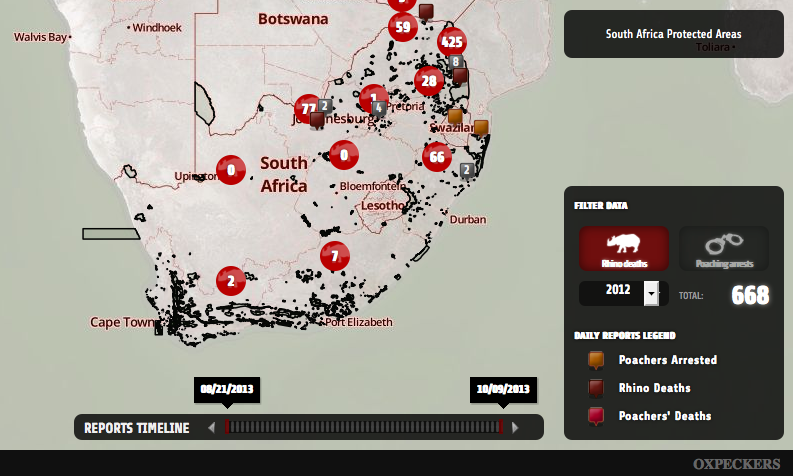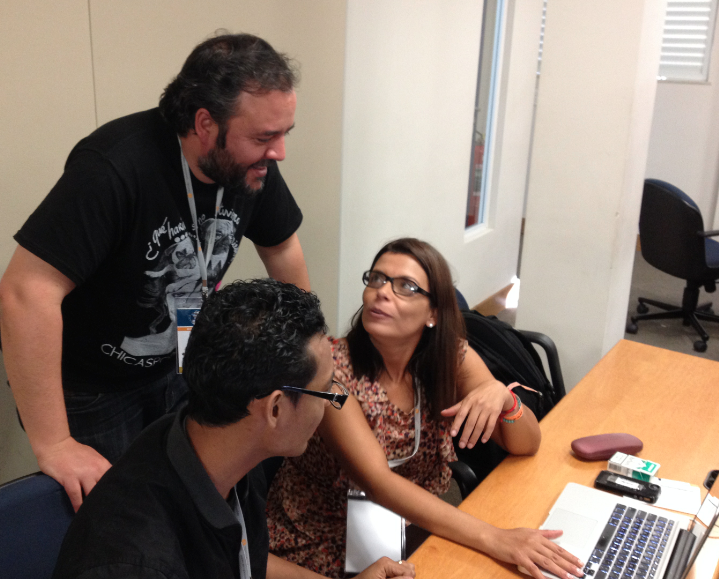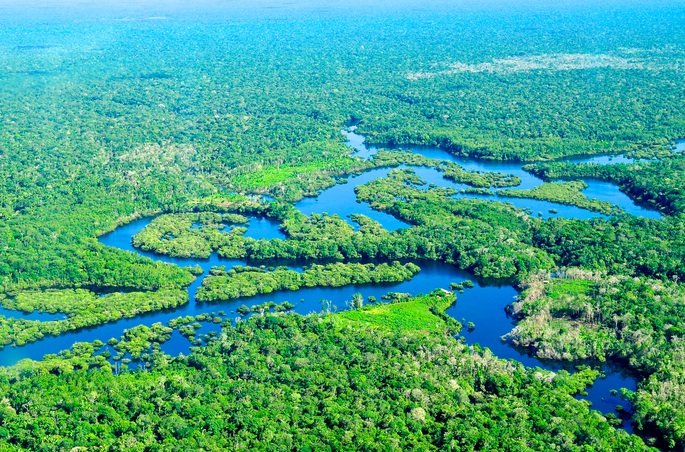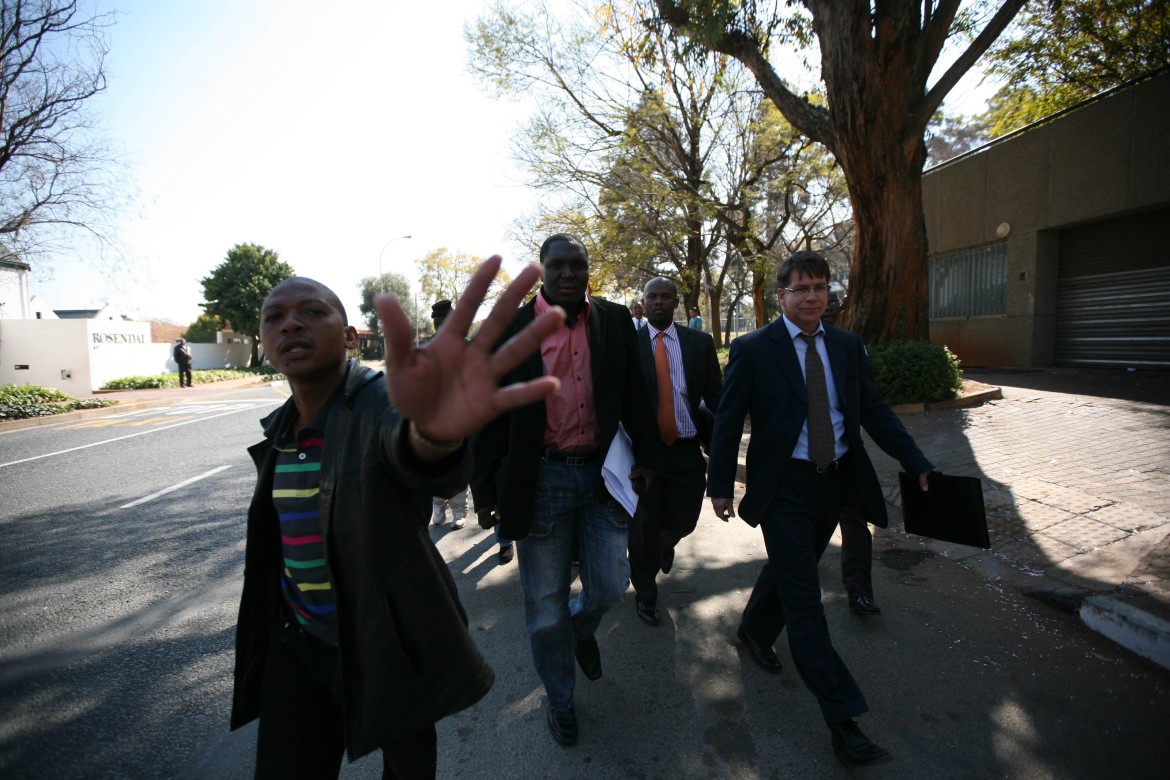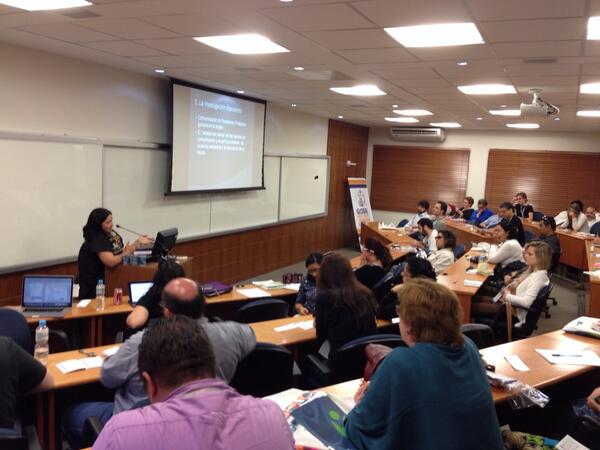News
African Journalism Unit Focuses on Environmental Threats
|
Endemic to sub-Saharan Africa, the oxpecker bird clings on to large mammals, feeding off the ticks, flies and other pests found on their hosts hide.“We aim to do the same with the world body,” says oxpeckers.org founder Fiona Mcleod, making one of the 150 panel presentations at the Global Investigative Journalists Conference (GIJC2013) this week in Rio de Janeiro. In this instance, however, the parasites she plans to identify and destroy are criminal poachers, such as those destroying African rhinos.
